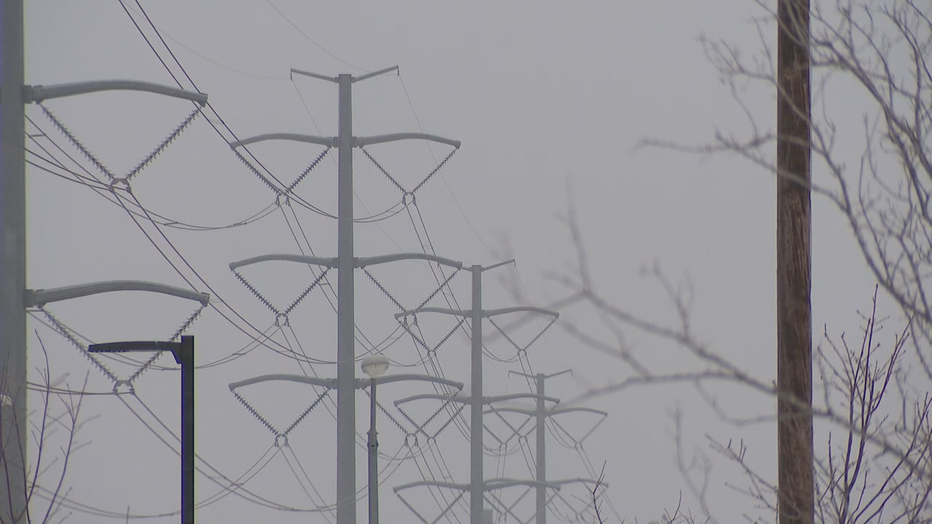Dallas City Council grills Oncor executives about handling of blackouts after the winter storm
DALLAS - Dallas City Council members grilled Oncor executives about why the blackouts during last month’s winter storm were not rolling, and why it took so long to be honest with customers.
Executives also answered questions about why certain neighborhoods went dark and others did not.
They explained that certain neighborhoods never lost power, because if they had, the whole system would have failed, and there simply was not even enough power to allow for rolling blackouts.
"These feelings are absolutely justified and appropriate, I apologize for our company's role in it," said Charles Elk, who is VP for customer operations for Oncor.
Oncor’s first business with Dallas City Council members Wednesday was profuse apologies.
"For this failure, I am sorry," said Mark Carpenter.
"I too want to personally extend my apologies," Debbie Dennis added.
Carpenter oversees Oncor's interface with ERCOT and the power grid.
He explained that ERCOT simply needed so much power cut off, that it was impossible to do the rolling blackouts the company initially promised.
"The best analogy that I can give you is if you have a plane that is flying and climbing, if it loses its thrust, it will just fall out of the air. So in a similar fashion, those electrical generators, if we let that load and generation imbalance get too far off, essentially, the system goes black," Carpenter explained.

Council members want to make sure that if this ever happens again, the company is upfront from the start.
"The communication was CYA at best," Councilman Adam Bazaldua said.
"Obviously, you couldn't control amount of electricity that was available, and I think we all understand that part, but I do think you could control certain things, for instance, you could control if there was a message," Councilwoman Cara Mendelsohn said.
"People sat in their houses for days waiting for power to come back on," Councilman David Blewett said.
Dennis admitted Oncor failed its most vulnerable customers by not being more transparent, and that the company simply did not have answers.
"It’s impossible for us to know exactly what was going on, and in addition, to be able to restore the power if the power supply wasn’t there," she said.
In addition to hospitals, Dallas City Councilwoman Jennifer Gates wants Oncor to flag domestic violence shelters as areas that need to maintain power.
"We lost two domestic violence shelters, and there was damage to other ones," she said.
As for how neighborhoods were chosen for blackouts, Dennis said the energy company's review found an equal distribution of misery.
"We have not found evidence that institutional bias or any intentional conduct favored one city or one area over another," she said.
Mayor Eric Johnson urged Oncor to do more to make sure.
"Really do it, to be able to say, not just, based on what we know right now, we don’t have any reason to believe there was any inequitable intent, but be able to say, beyond a shadow of a doubt, with exactly 100% certainty, we have exhausted and done our analysis. and there was none," he said.
The Dallas city manager explained that the city is working to get the cost to make their facilities better equipped for extreme heat or cold, as well as get generators so places like rec centers can be used as warming centers in the future.

